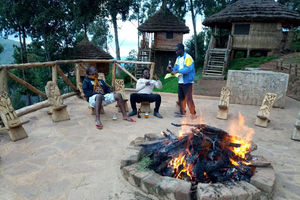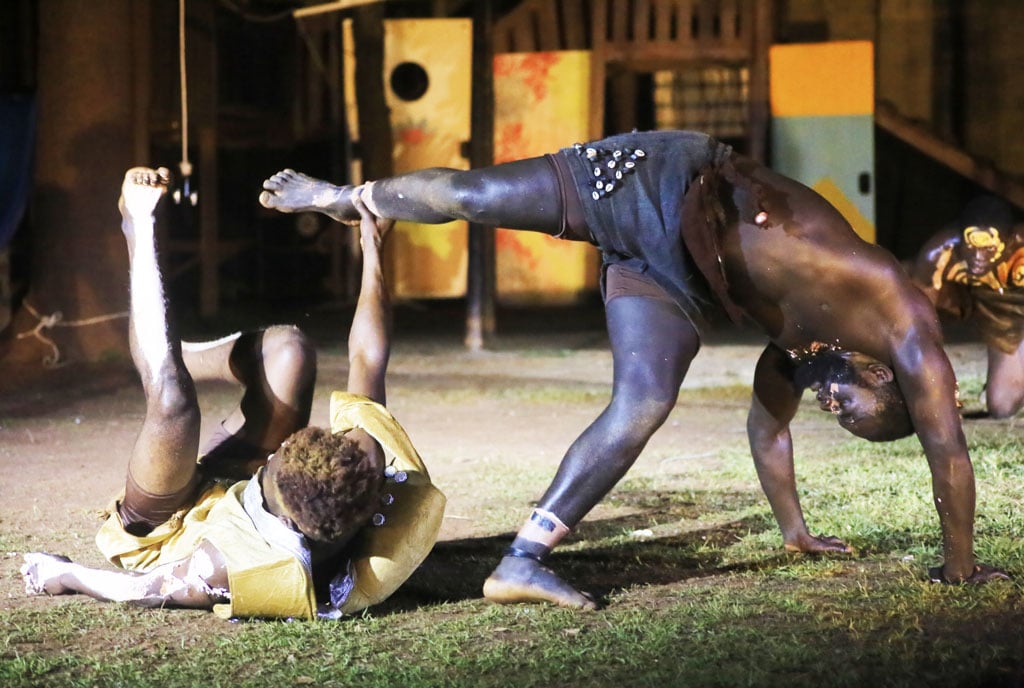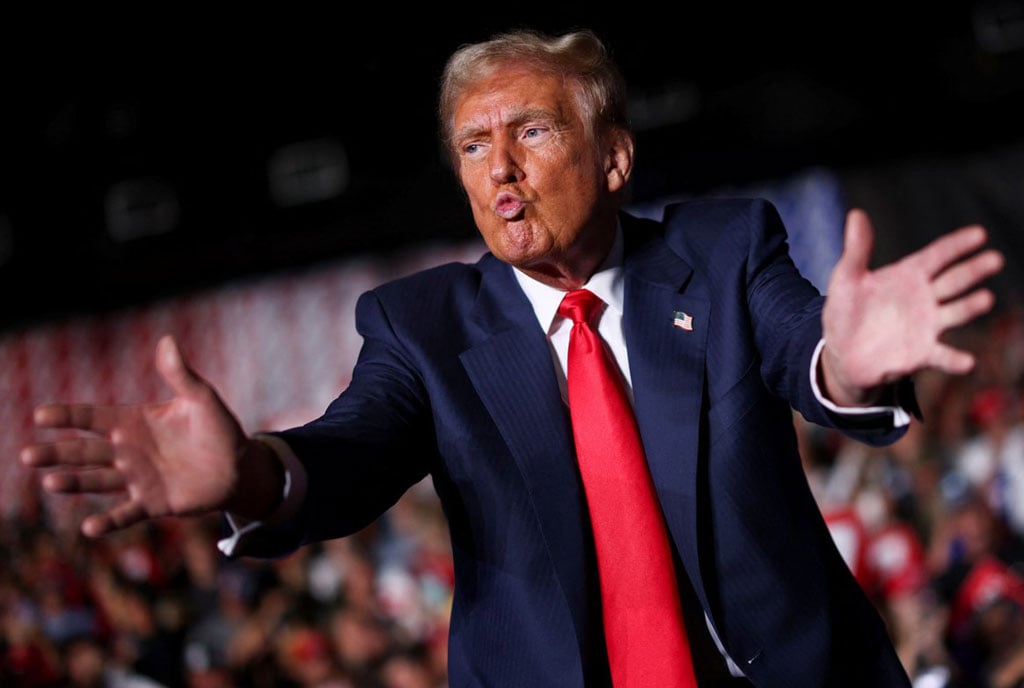
Silverback Lodge in Bwindi. A bigger percentage of the gorillas live in Bwindi. PhotoS/Hilda Namulwana/net
That hour spent in the company of Mountain Gorillas in Bwindi Impenetrable Forest is a cherished memory for a lifetime. Especially remarkable is encountering Muhoozi the silverback, named so because he was born as General Kainerugaba Muhoozi (first son) was having his maiden tracking of the apes.
“The permit fee has increased from $700 to $800 (approximately Shs3m) to support sustainable tourism in an industry facing rapid change and sophisticated poaching,” explains Sam Mwandha, the executive director of Uganda Wildlife Authority (UWA). “We have installed cameras in the park to monitor every moment of nature. This enables us not only to protect our existing wildlife but also to discover species we thought were extinct.”
The silverbacks, such as Christmas, Manyindo, and Muhozi, exhibit a common trait: they fiercely protect their family units of about 30 members, much like a father guards his homestead.
There is good news for gorilla trekkers. Mwandha says Uganda now has 50 percent of the total of surviving 1,100 individuals in the Virunga ranges that are shared by Uganda, Rwanda and DR Congo.
Better transport
The infrastructure gets better by the day as roads and aviation infrastructure improves.
“When we finally come face to face with our hosts, the gorillas, it is essential not to make direct eye contact or eat in their presence,” cautions Monday Lameck, the UWA guide.
“Your body language could inadvertently be interpreted as a challenge to Muhozi’s dominance or an invitation to share mineral water, rolex, or a bottle of Uganda Waragi. And if you resist, be prepared for the Silverback to intervene, delivering a blow on your jaw which is equivalent to being struck by a 100-kilogramme stone.”
There are 23 habituated groups of mountain gorillas with a total of more than 170 porters that make the trekking easy for visitors. The oldest trekker to date is former attorney general of Kenya Charles Njonjo, 98, who used the “Bwindi Chopper” go down the precarious cliffs, jump running water bodies and brave insect bites. Also, Bill Gates is on record as a graduate of gorilla trekking.
With the completion of Kabalega International Airport, improvement of Kihihi Airsprtip and Kasese Airstrip, travellers are spoilt for choice between getting there by road or air.

A bigger percentage of the gorillas live in Bwindi. PhotoS/Hilda Namulwana/net
Redefined luxury
More exciting news awaits as Marasa Africa prepares to unveil renovated Silverback Safari Lodge early next year, promising to elevate the experience of sensory splendour.
“January 2025, we unveil the grand opening of Africa’s most exclusive Silverback Safari Lodge,” announces Julian Katz, group head of sales and marketing for Marasa Africa.
“This unparalleled retreat is set to redefine luxury and exclusivity amidst the untamed beauty of Uganda’s wilderness, Bwindi Impenetrable Forest. It will offer 12 guest suites, each crafted to provide an escape from the ordinary.”
Perched atop the mountains, the lodge offers awe-inspiring panoramic views of the misty forest below, epitomising Marasa Africa’s unwavering dedication to curating bespoke guest experiences filled with wonder and delight.
Guests embark on a once-in-a-lifetime experience as they are guided by Mountain Gorillas for an hour, then return to the serene ambiance of the new spa, where they can revel in unexpected delights that leave a lasting impression in the heart of Bwindi Forest.
Meeting Batwa
Guests have the unique opportunity to meet the minority Batwa and hear their tale of survival in the forest alongside the mountain gorillas, devoid of any conflict.
They generously share their knowledge of herbs used to treat skin diseases, coughs, upset stomachs, and even natural aphrodisiacs.
“For us, the forest was a sanctuary where we found sustenance, water, medicinal plants, and shelter without the need for currency. We would hunt rabbits, birds, and gather vegetables to meet our needs,” recalls John Nkugwa, one of the Batwa.
“However, modern life in towns demands payment for basic necessities like answering nature’s call, buying water, and acquiring food. We left our sacred sites in the forests, and we fear our ancestral spirits may be displeased with us.”
Nkugwa shares that Batwa believe mountain gorillas are akin to prodigal sons who disobeyed their father and were consequently cursed.
“Gorillas communicate non-verbally and eat like humans. They use grass to extract white ants from their mounds and employ stones to harvest ripe fruits. Male gorillas may reward females for mating and can exhibit jealousy,” sums up Nkugwa.






